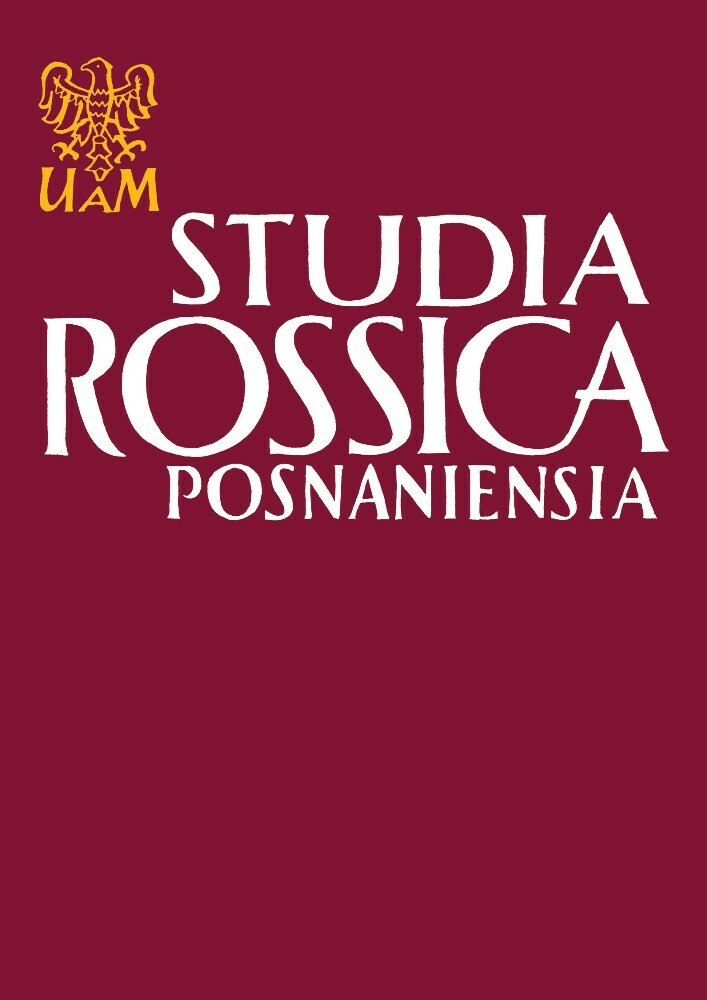Аннотация
The object of the paper is a comparison of two concepts of Russian common consciousness: “Germans” and “Poles”. To this effect the combinative power of Russian words German and Pole according to electronic Russian National Corpus (http://www. ruscorpora.ru/) was analyzed. The use of these words in such constructions as “As + qualitative adjective + as a German / Pole” (as careful as a German; as courteous as a Pole, etc.); “German / Pole + adjectival noun” (a German pedantry; a Polish sweetness, etc.); “Qualitative adjective + Germans / Poles” (punctual Germans; coquettish Polish women, etc.) demonstrates ethno cultural stereotypes, typical for Russian ordinary consciousness. These stereotypes should be taken into account in the process of intercultural communication.This paper deals with the slang derivations of the modern Russian language, related to the notions of “иностранец”, “инородец”, “провинциал”, “провинция”. Key aspects of the analysis of these language units are the aspects of word formation and the Russian language, due to the permanent extralinguistic factors, there is a large number of expressive ethnonyms.The area of their distribution is the sphere of the various social dialects, hence they get into general use (for example, in colloquial language). Our task is to identify how the derivational features of these formations determine their emotional and expressive color.Лицензия
Copyright
© 2010 Uniwersytet im. Adama Mickiewicza w Poznaniu
OPEN ACCESS
